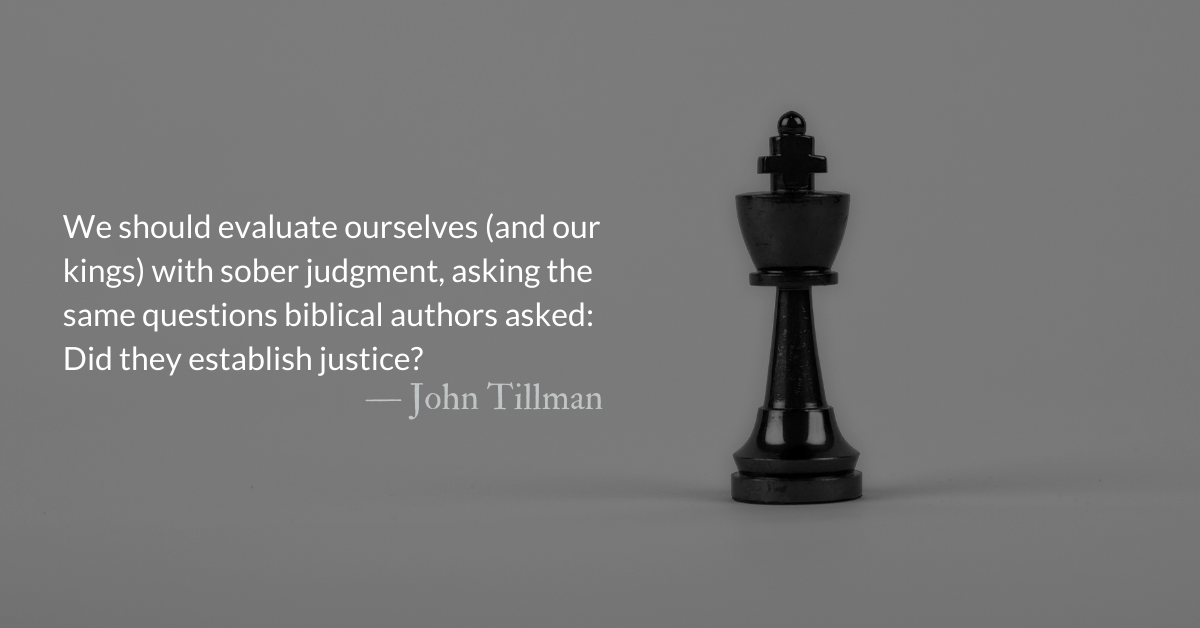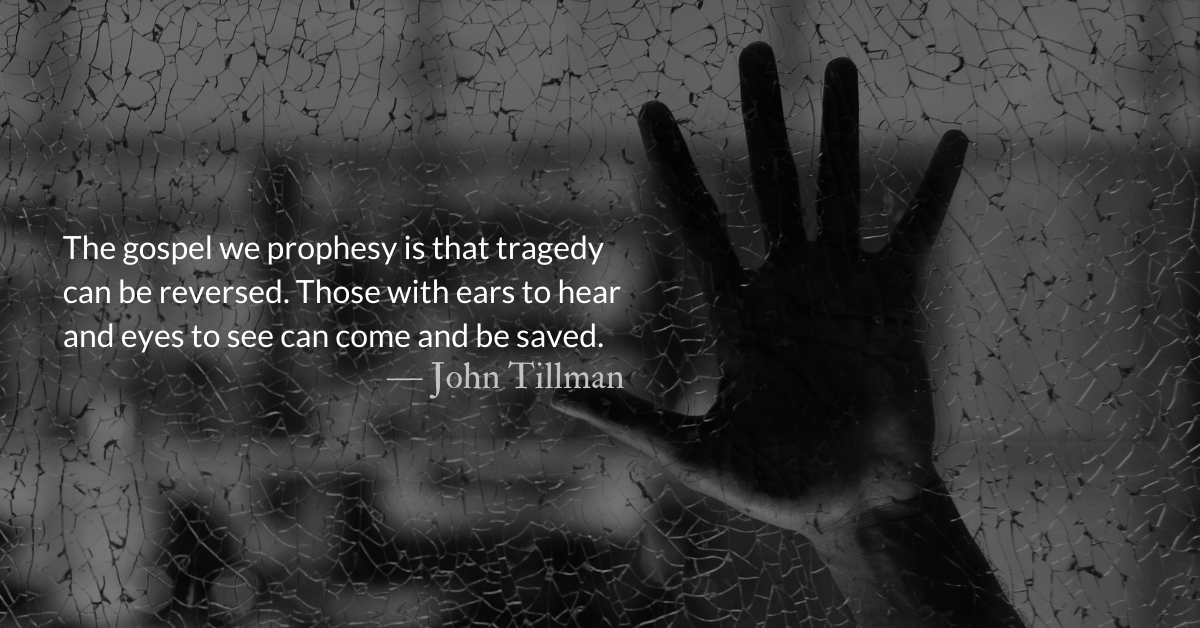Scripture Focus: 1 Kings 16.30-31
30 Ahab son of Omri did more evil in the eyes of the Lord than any of those before him. 31 He not only considered it trivial to commit the sins of Jeroboam son of Nebat, but he also married Jezebel daughter of Ethbaal king of the Sidonians, and began to serve Baal and worship him.
Reflection: “Trivial” Sin
By Erin Newton
“I wish there was a way to know you’re in the good old days before you’ve actually left them.” This was a funny line from Andy Bernard in the sitcom, The Office. But the essence is true; hindsight is 20/20. Good days are taken for granted and evil days are brushed off apathetically. We go through life without pausing to consider what is happening.
The previous chapters of Kings show the increasing wickedness of each successive king in Judah and Israel. Later comparison reveals a greater number of wicked kings in the northern kingdom (Israel) versus the southern kingdom (Judah). However, sin is not a comparative business. Both kingdoms were plagued with bad leaders. The story reaches a crescendo with Ahab, king over the northern kingdom.
Ahab is notorious for promoting the worship of Baal and Asherah. These two deities were the common gods of Canaan. Seasons were thought to be determined by Baal’s battles with competing gods. Asherah was known as the fertility goddess. Self-mutilation, temple prostitution, examining animal entrails were examples of rituals done in the name of worshipping these gods. For Ahab, these were “trivial” and the people accepted it without a second thought.
The reign of Ahab brought a resurgence of other voices in the history of Israel: Prophets. These courageous people stood up against the evil of their day to speak truth and call for repentance. Speaking against injustice and corruption is isolating and difficult. Those who spoke against leaders were constantly threatened. The price of speaking truth was often their own life.
One-third of the Old Testament books are prophetic. You might assume these voices were popular and common. On the contrary, prophets were rejected and few. Each story is a testimony of the cost of truth in a chaotic world.
Jesus also warned, “They will treat you this way because of my name, for they do not know the one who sent me” (John 15.21). Following Christ echoes the lives of prophets. Abusive leaders infect our world while brave voices are intimidated or attacked. Do we join the population or the prophets? To join the population, we abandon God and do whatever seems right in our own eyes. To join the prophets, we abandon comfort for the sake of truth. “What good is it for someone to gain the whole world, yet forfeit their soul?” (Mark 8.36).
Divine Hours Prayer: The Refrain for the Morning Lessons
Be still, then, and know that I am God; I will be exalted among the nations; I will be exalted in the earth. — Psalm 46.11
– From The Divine Hours: Prayers for Summertime by Phyllis Tickle.
Today’s Readings
1 Kings 16 (Listen – 5:31)
Colossians 3 (Listen – 3:09)
Read more about Kingdoms Breaking Bad
Ahijah says, “I have … bad news,” but we also bear the Good News. The gospel we prophesy is that tragedy can be reversed.
Read more about Gods of Ruin and Ridicule
We must decide every day whom we will serve. The gods of this world bring ruin and ridicule.











